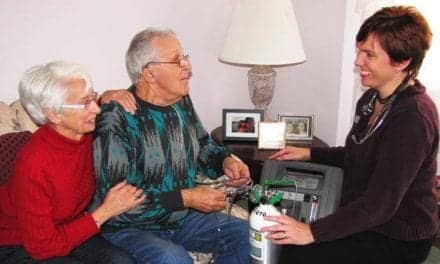NIH Research Matters: The use of melatonin supplements by adults in the United States more than quintupled between 1999 and 2018.
Researchers led by Dr. Naima Covassin from the Mayo Clinic examined data on melatonin use collected by the National Health and Nutrition Examination Survey (NHANES) between 1999 and 2018. More than 55,000 adults aged 20 and older reported their dietary supplement use to the survey during those two decades. Supplement containers were verified during in-home interviews for 94% of the participants.
The research team was supported in part by NIH’s National Heart, Lung, and Blood Institute (NHLBI). Results were published on February 1, 2022, in JAMA.
Melatonin use increased from 0.4% of survey respondents in 1999 to 2000 to 2.1% in 2017 to 2018. This trend was similar between men and women, and across age groups.
Starting in 2005, respondents began reporting the use of doses greater than 5 milligrams per day. This use of high-dose melatonin supplementation more than tripled over the period studied, from 0.08% of study participants in 2005-2006 to 0.28% in 2017-2018.
Even with this rise, the use of high-dose melatonin remained very low overall. However, these estimates raise safety concerns, as the actual content of melatonin in commercial supplements may be many times higher than what’s listed on the label.
nih.gov
Photo 155952350 © Svetlana Baker | Dreamstime.com





